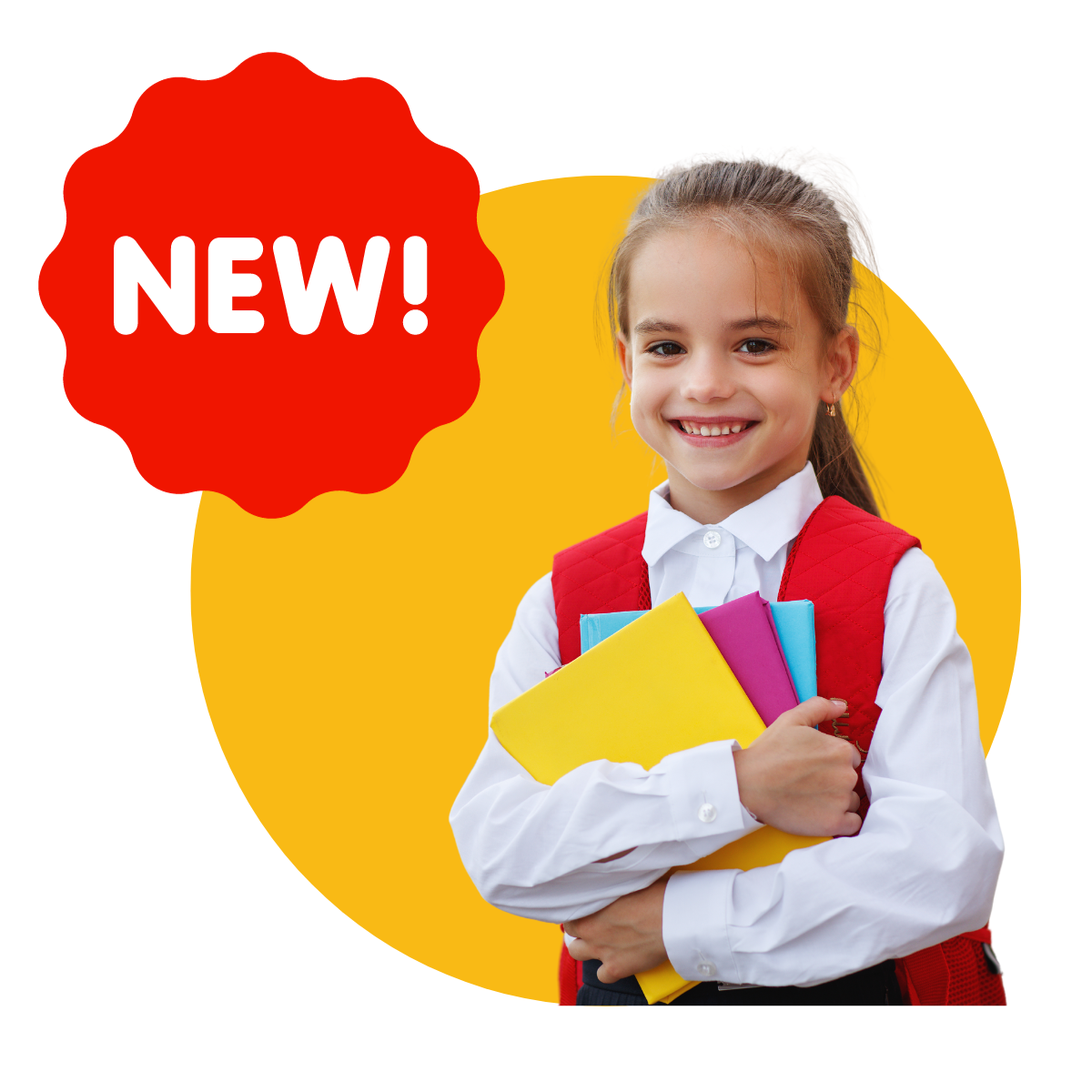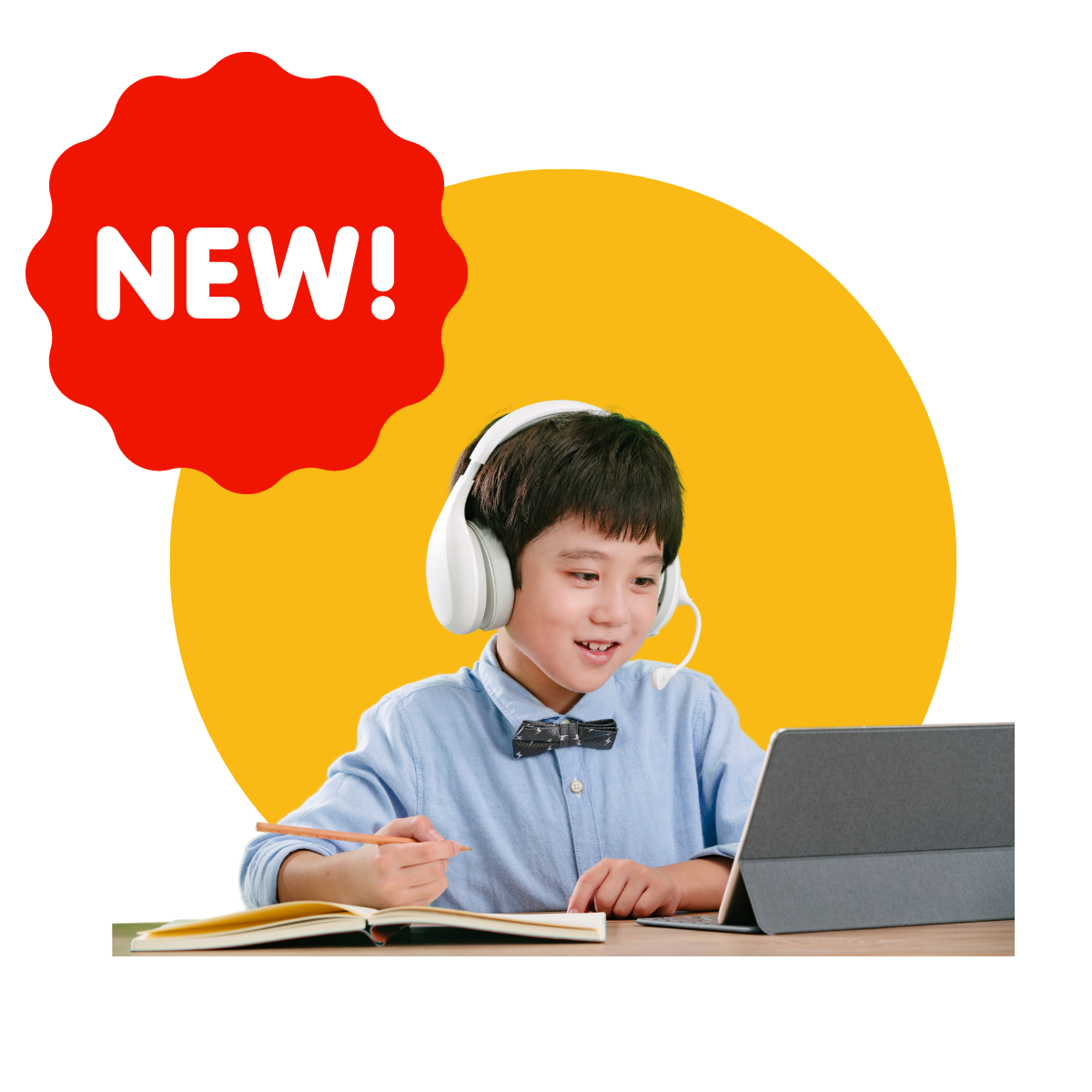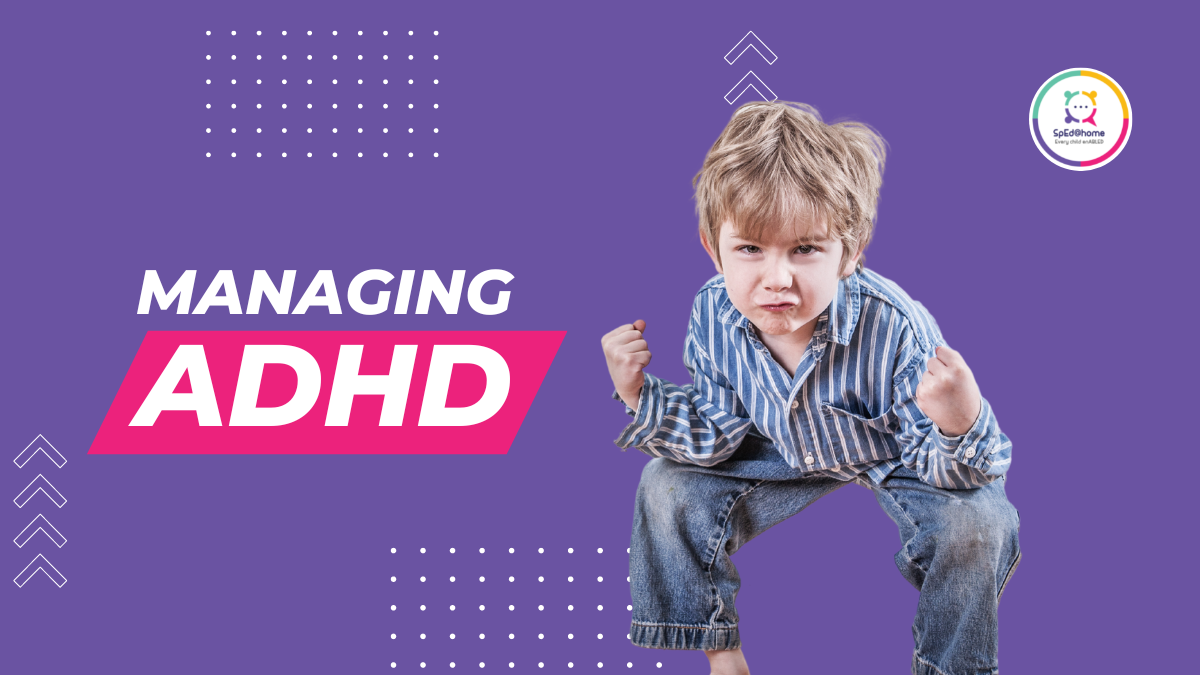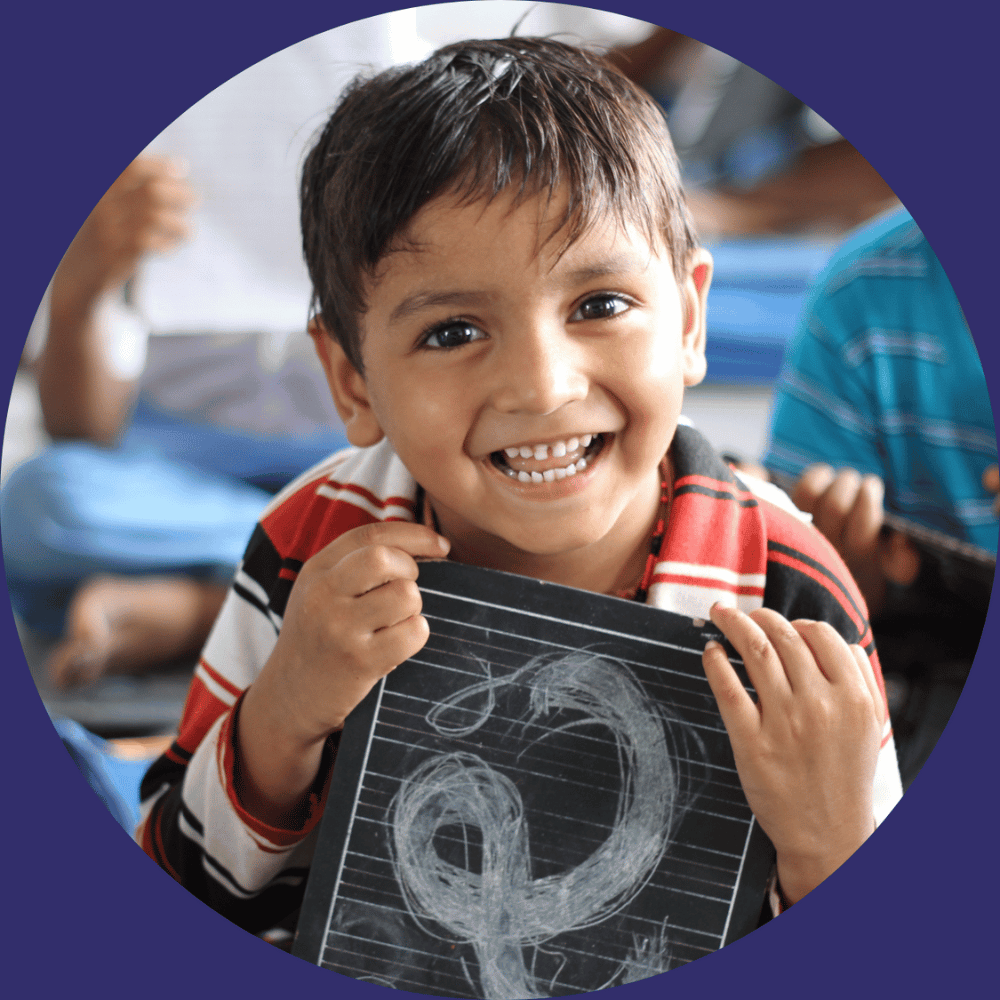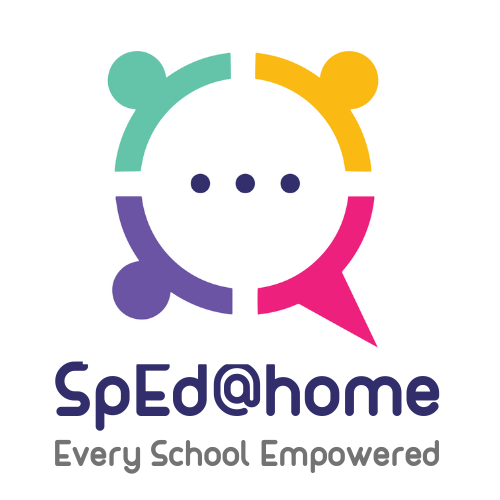One out of ten children are affected by Attention deficit hyperactivity disorder, (ADHD) yet many misconceptions persist. ADHD is defined as a mental health disorder that can cause above-normal levels of hyperactive and impulsive behaviour.
There exist three different types of ADHD:
- Predominantly Inattentive Presentation
- Predominantly Hyperactive-Impulsive Presentation
- Combined Presentation
Because symptoms can change over time, the presentation may change over time as well. The Symptoms of ADHD include: being unable to sit still–especially in calm or quiet surroundings, constantly fidgeting, being unable to concentrate on tasks, excessive physical movement, excessive talking, and interrupting conversations.
ADHD is a brain disorder. It is nearly impossible to overcome the symptoms of ADHD just by trying to concentrate harder or by willing themselves to pay attention. Recent brain imaging studies have revealed that people with ADHD have structurally different brains than people without ADHD. It can be hereditary. Children whose parents have ADHD have a 40% to 60% chance of also having ADHD. Sometimes a child’s diagnosis can be the first clue that a parent may have ADHD.
Research-based therapies can relieve symptoms of ADHD. Some of the most effective therapies are medication, behavior therapy, education training, and ADHD coaching.
Preparing yourself and your child for ADHD treatment and medication can be a tough and strategic task. To address this challenge you can opt for any of the following strategies
- Behaviour management plans for children with ADHD
- Behaviour strategies to help children with ADHD
- Social skills to help children with ADHD
- Strategies to manage energy and tiredness in children with ADHD
- Classroom strategies to help children with ADHD
- ADHD medications
It is crucial to understand that while caring for your child suffering from ADHD, it is also very important to care for yourself. Asking for help and support is a big part of managing your child’s ADHD. Reach out for help from family members and friends. Speak to your child’s teacher about classroom behavior strategies that you can try out at home. You can also contact a support group for parents of children with ADHD. Talking to your child’s health professional about any difficulties you have can be of great assistance.
This is surely a learning process for you and your child, enjoy and cope together.

